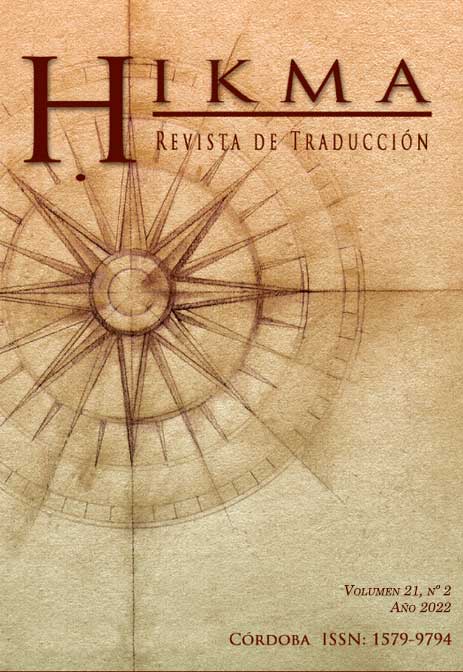Are we teaching what they need? Going beyond employability in Translation Studies
Contenu principal de l'article
Résumé
As lecturers and researchers in translation and interpreting, we are aware of the need to design curricula so that students are well equipped, and able to respond to the requirements of modern society. In the world today, there is an evident gap between what is actually taught in higher education and what should be taught to meet student needs. Even though various studies have already focused on the impact of constructs, such as self-regulation, empathy, or creativity, on performance quality, there is still a long way to go. In order to bridge this gap and highlight the role of the university as a transformational agent, our study uses LifeComp, the European framework for the personal, social, and learning to learn key competence. The objective of this research was firstly to discover the transversal competences that are most highly valued by employers in the language industry sector; and secondly, to identify the competences that need more attention in curricula. For this purpose, a questionnaire-based study was designed and administered to translation companies based in Spain. The results obtained indicate that these competences are necessary to foster employability as well as real wealth creation in a lifelong learning context. This study is part of a broader project within the LifeComp framework, in which a competence-based psycho-educational intervention was designed and is now integrated in the translation and interpreting degree programme at the University of Granada (Spain).
Keywords: Competence-based learning, LifeComp, Curriculum design, Higher education, Employability
Téléchargements
Details de l'article

Ce travail est disponible sous licence Creative Commons Attribution - Pas d’Utilisation Commerciale - Partage dans les Mêmes Conditions 4.0 International.
Les auteurs qui publient dans cette revue acceptent les conditions suivantes :
- Les auteurs conservent les droits d'auteur et accordent à la revue le droit de première publication du travail simultanément sous une Licence Creative Commons Attribution, permettant à d'autres de partager le travail en reconnaissant la paternité du travail et sa publication initiale dans cette revue.
- Les auteurs peuvent conclure des accords contractuels supplémentaires séparément pour la distribution non exclusive de la version publiée du travail dans la revue (par exemple, l'envoyer à un référentiel institutionnel ou le publier dans un livre), avec une reconnaissance de sa publication initiale dans cette revue.
- Il est permis et encouragé aux auteurs de publier leurs travaux en ligne (par exemple, dans des référentiels institutionnels ou sur leur site Web) avant et pendant le processus de soumission, car cela peut entraîner des échanges productifs, ainsi qu'une citation plus précoce et plus importante du travail publié (voir L'effet de l'accès ouvert).

